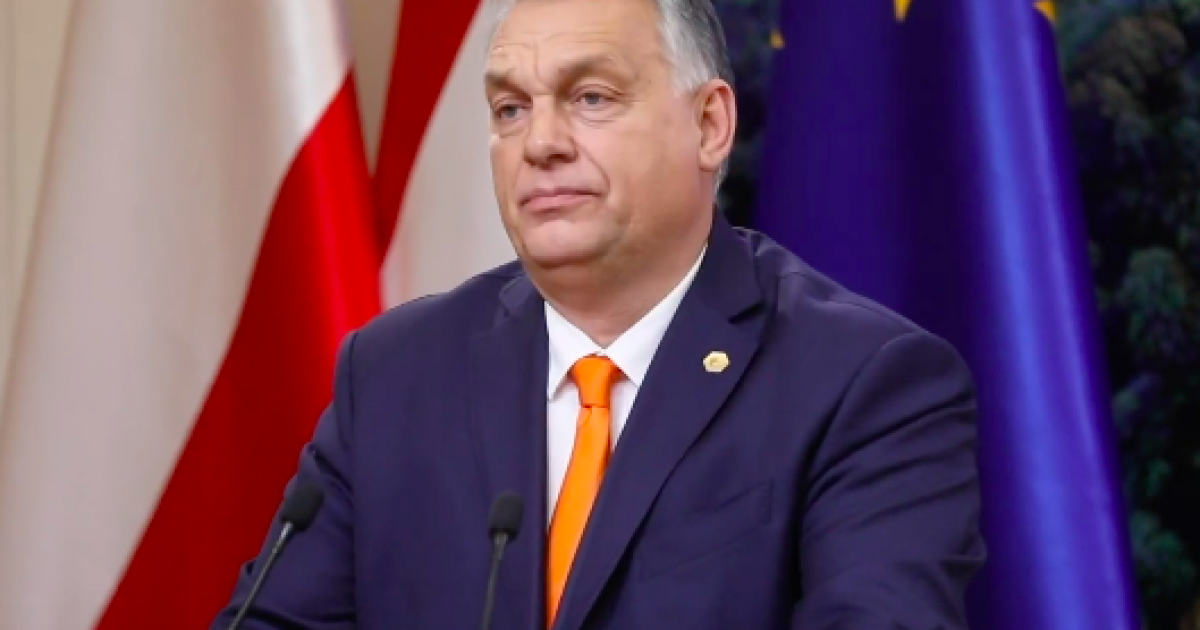
Few politicians have been a thorn in the side of global managerial elites the way Hungarian Prime Minister Viktor Orban has since he was elected in 2010.
When dealing with issues of global taxation, Orban wants nothing to do with this latest globalist fad. On June 9, 2021, Orban declared that a global minimum corporate tax is “absurd” and he proceeded to announce that the Hungarian government would entertain the use of contingency plans if the tax proposal went through.
The Organization for Economic Cooperation and Development (OECD) has recently been spearheading negotiations between 140 countries on rules concerning the taxation of cross-border digital services and halting tax base erosion. A global corporate minimum tax is at the center of the OECD’s tax harmonization schemes.
Last week, finance ministers from the Group of Seven (G7) economic titans came to an agreement where they supported the creation of a global minimum corporate tax rate of 15%.
Orban announced the Hungarian government’s opposition to the move on the grounds that it would make Hungary a less attractive place for foreign companies to invest in.
Hungary currently has a 9% corporate tax, among the lowest corporate tax rates for European Union members (the union has 27 member states). Hungary has leveraged its low tax rates to attract investments in key sectors such as automobiles and manufacturing, which have boosted economic growth and make Orban’s management of the economy look good on the international stage.
“I consider it absurd that any world organisation should assert the right to say what taxes Hungary can levy and what taxes it cannot,” remarked Orban.
“Especially as we are not a tax haven, because the low Hungarian corporate tax rate is not meant to attract certain companies to declare their taxes here,” he said during a business conference. The contingency plans Orban is drawing up would ensure that companies within Hungary are not paying excessive taxes, thus limiting job growth and productivity gains that benefit Hungarians.
According to Hungarian Finance Mihaly Varga, the global tax could negatively impact 2,000 to 3,000 companies in Hungary.
Although Hungary is a country of nearly 10 million people, Viktor Orban has put the country in the national spotlight by pushing for strong pro-borders policies, sensible pro-family plans, and rational market-based measures that allow for Hungarians to prosper while maintaining the country’s national character and social fabric intact.



